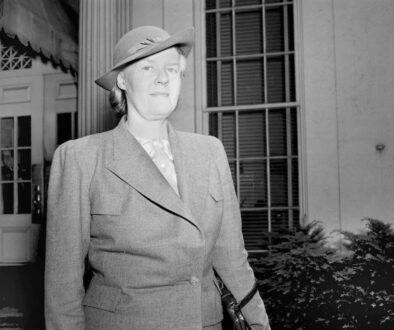Our Black soldiers (WWII) and the G.I.Bill

Black ex-soldiers who qualified for the GI Bill after World War II technically had access to its benefits, which included tuition assistance, living expenses, and low-interest loans for education, homes, and businesses. However, systemic racism and discriminatory practices often prevented them from fully utilizing these opportunities. Here are some key barriers they faced: 1. Segregated Educational Institutions: Many Black veterans were limited to attending historically Black colleges and universities (HBCUs) due to segregation in higher education. HBCUs often lacked sufficient capacity and funding to accommodate the influx of students after the war. 2. Discriminatory Admissions Practices: Predominantly white institutions frequently denied Black applicants admission, regardless of their qualifications or GI Bill eligibility. 3. Limited Availability of Programs: In some areas, there were no nearby educational institutions that would admit Black veterans. 4. Employment Discrimination: The GI Bill also provided support for vocational training, but systemic job discrimination often limited Black veterans’ access to apprenticeships and well-paying careers. 5. Inequitable Administration: State and local Veterans Administration offices often operated in racially discriminatory ways, steering Black veterans away from higher education and toward menial jobs or denying them benefits altogether. While some Black veterans were able to overcome these barriers and use the GI Bill to advance their education and economic status, the widespread discrimination significantly limited its transformative potential for many. This contributed to the racial wealth gap that persists today.


